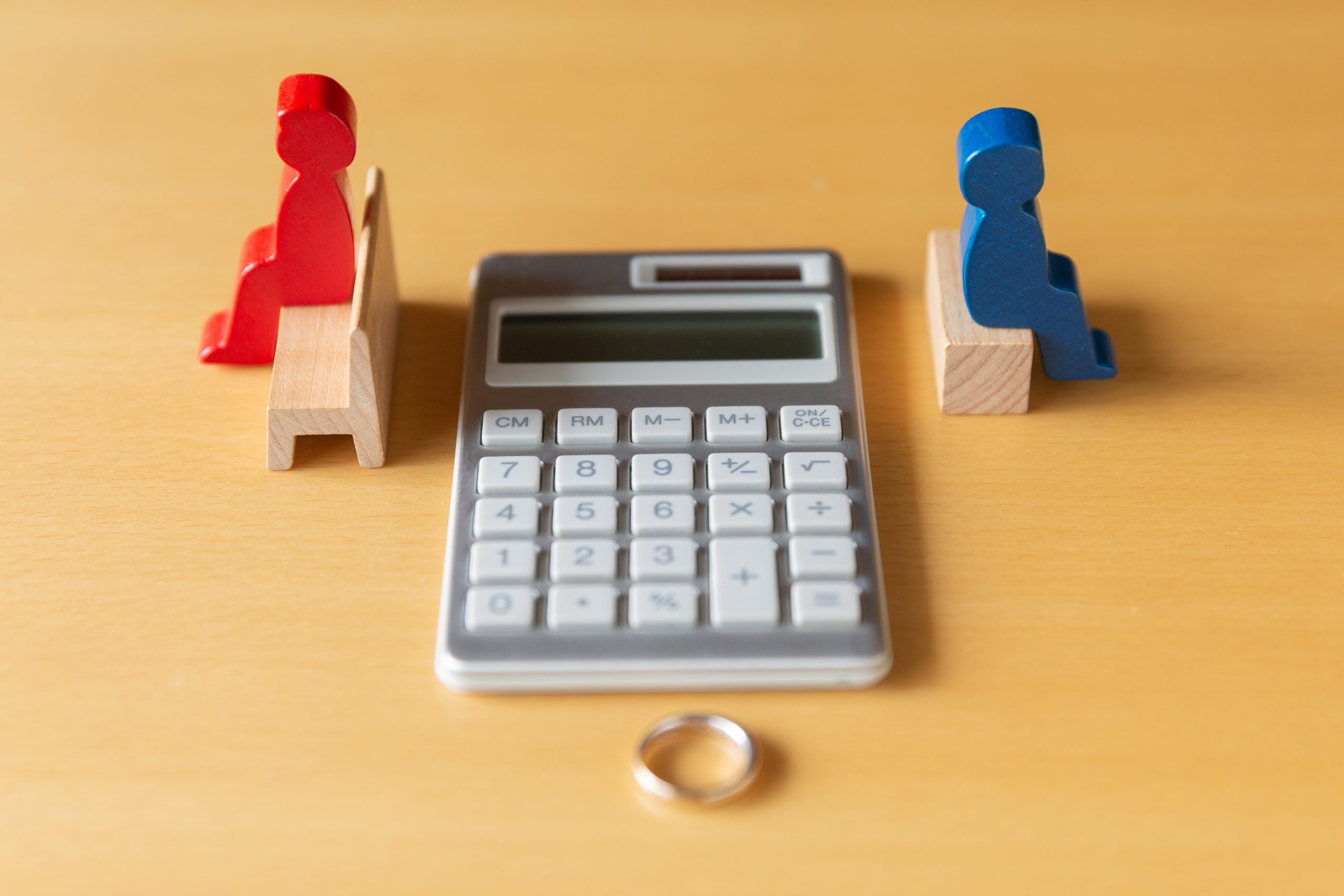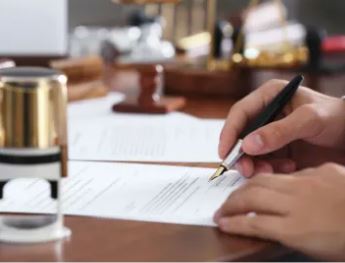
When you divorce in Hong Kong, the term “clean break” may be floated around when discussing ancillary relief or financial provision (or more commonly known as “maintenance” in USA jurisdictions). So what is a clean break in a divorce? Clean Break simply refers to the distribution of property and/or payment of a lump sum to settle all financial matters, allowing the parties to move forward with a fresh start and without having to be reminded of the breakdown of the marriage by being tied to ongoing payments.
Under section 7 of the Matrimonial Proceedings and Property Ordinance (Cap. 192), the courts in Hong Kong are under a duty “to have regard to the conduct of the parties and all the circumstances of the case” including the following matters:
- The income, earning capacity, property and other financial resources…;
- The financial needs, obligations and responsibilities…of the parties…;
- The standard of living enjoyed by the family before the breakdown of the marriage;
- The age of each party to the marriage and the duration of the marriage;
- Any physical or mental disability of either of the parties to the marriage;
- The contributions made by each of the parties to the welfare of the family…’
- …the value to either of the parties to the marriage of any benefit (for example, a pension) which, by reason of the dissolution…of the marriage, that party will lose the chance of acquiring.

In Hong Kong, the courts are not under any duty to consider whether a clean break is appropriate or not but it may be considered. Generally speaking, a clean break is only an option when there is sufficient monies in a matrimonial pot which would allow the parties to move forward after the payment of one lump sum payment/distribution of property which would settle all financial claims.
In one such case, C v F [2008] HKFLR 1, the parties had a long-term marriage which began in 1965 and a Petition for divorce was filed by the Husband in February 2000. Throughout the marriage, the Husband’s business had grown to the extent that he valued his assets at approximately HK$36 million with an income of approximately HK$800,000 per month. The Husband alleged he had considerable debts as he was heavily indebted to the company and to his business partner. The court ordered a transfer of the former matrimonial home, mortgage free, to the wife and a clean break lump sum to her of HK$15 million.
In YN v NA [2014] HKFLR 517, the court stated that “in big money cases, where the matrimonial assets are sufficient for a clean break to be achieved, a wife with ordinary career prospects is likely to have been compensated by an equal division of the assets and consideration of how the wife’s career might have progressed is unnecessary and should be avoided.”
It should be noted that once a clean break is achieved, a party cannot come back to the court and make an application for maintenance. This in itself is the benefit and advantage with respect to a clean break: it allows the parties to move on with their lives, without being tied to each other by having to make monthly payments to one party and allows each party to live independently without any burdens of the past.

If you are going through a divorce, speak to your solicitor about a clean break and whether it’s the right option for you. If there is a possibility of self-sufficiency, a clean break should be considered an option. If you are concerned about an immediate clean break, discuss alternative options such as a deferred clean break or even consider nominal maintenance which would then allow you an open door to make an application for periodical payments in the future if need be, but at the same time lift the financial burden on the paying party at the current moment.










